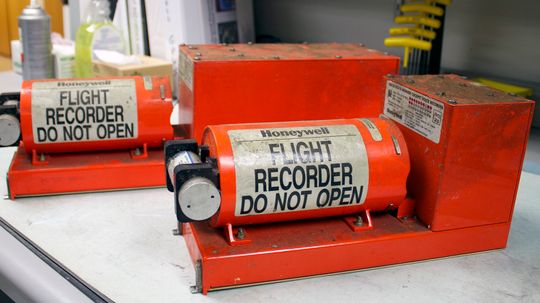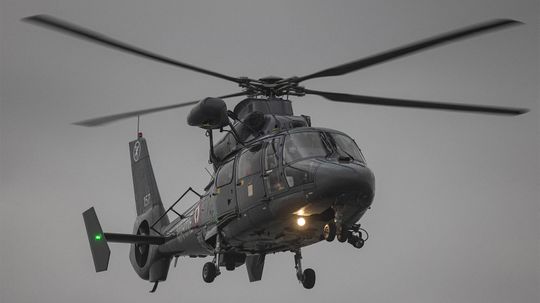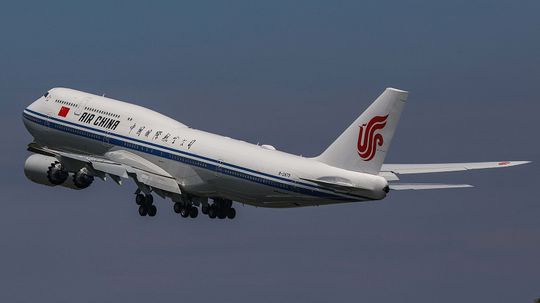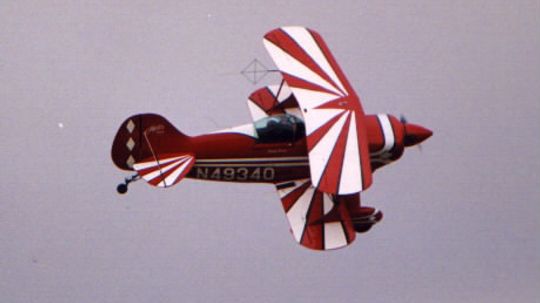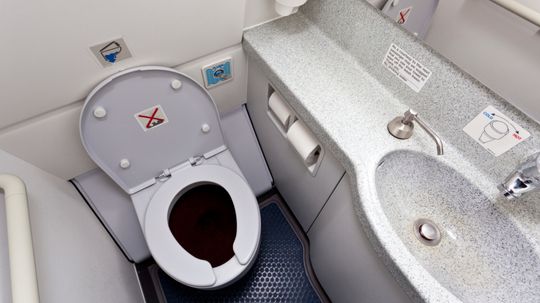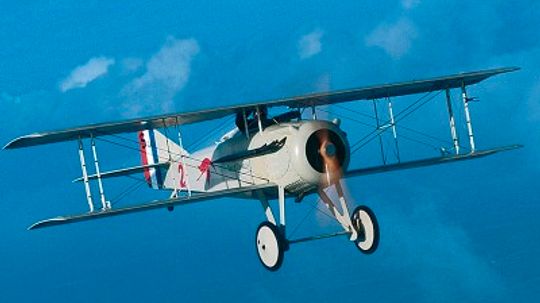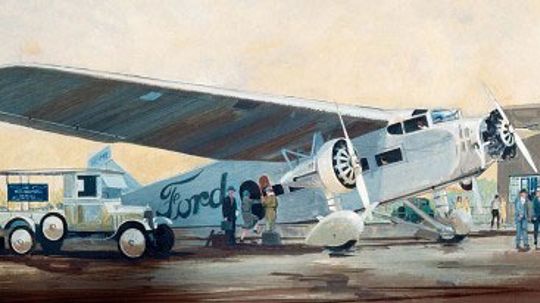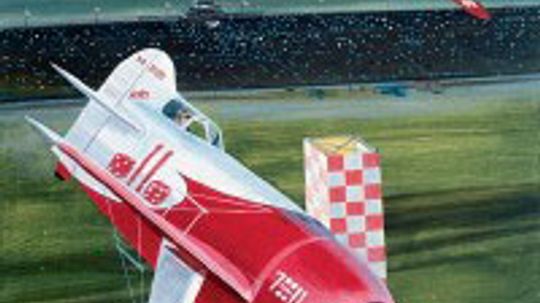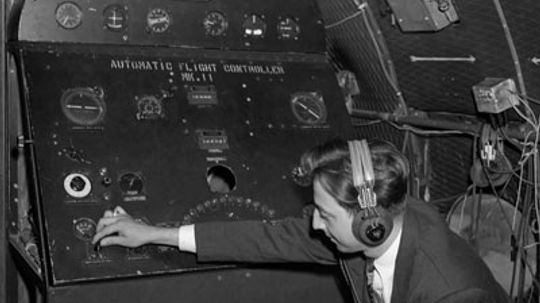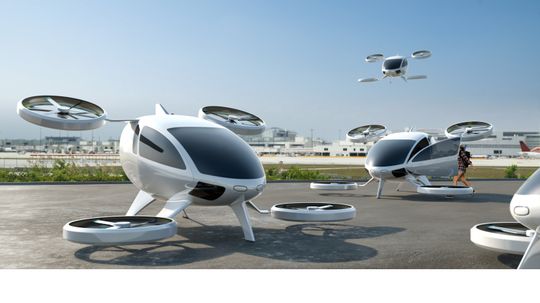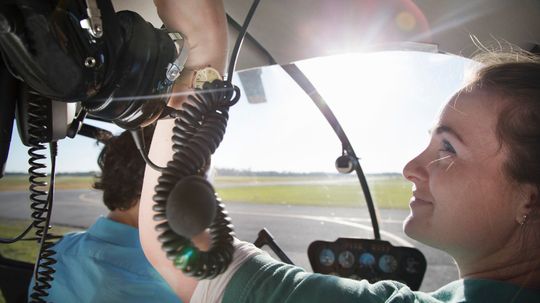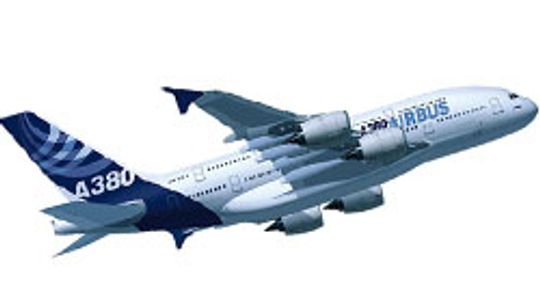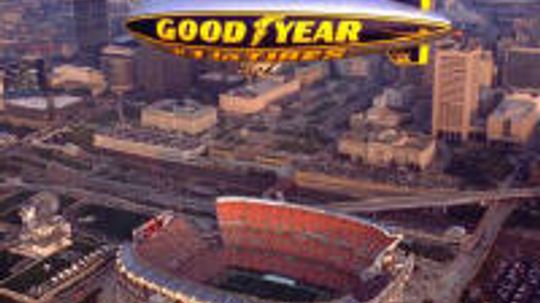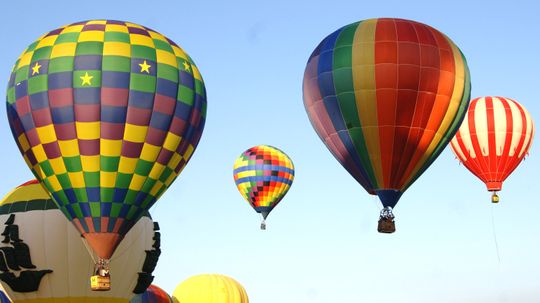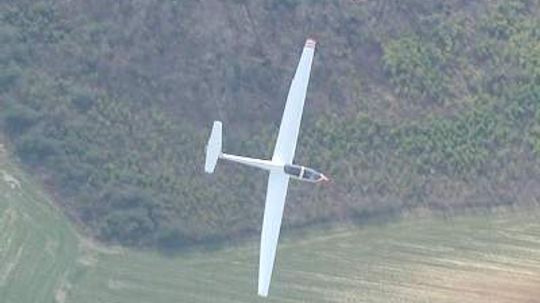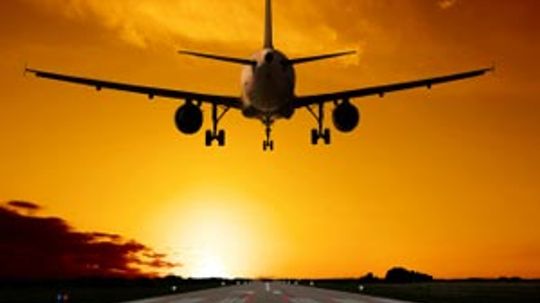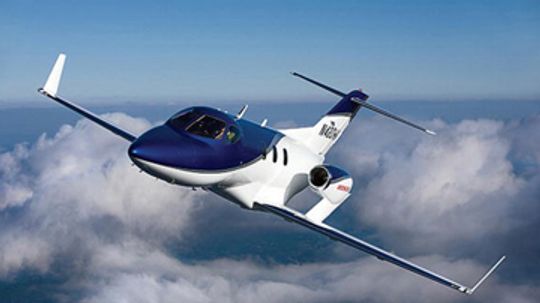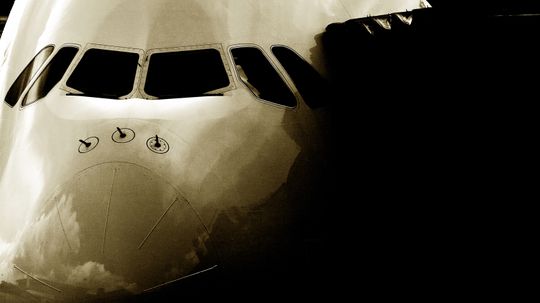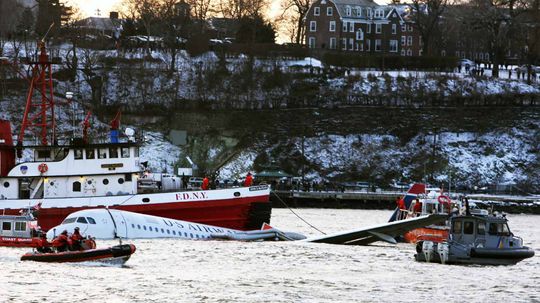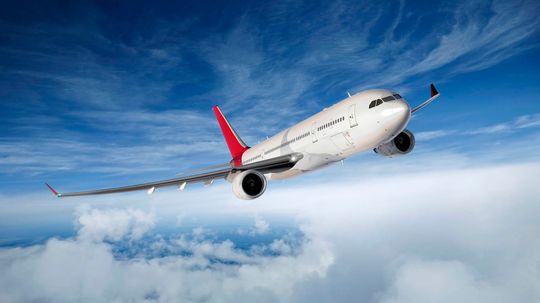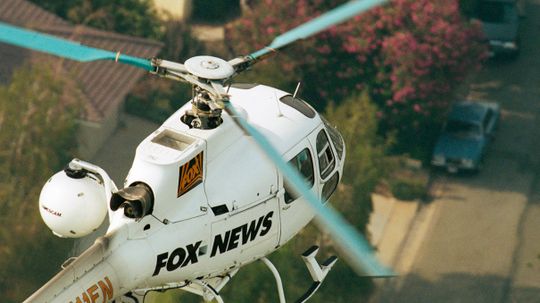Flight
Flight is truly one of the most amazing engineering feats man has achieved. This collection of flight articles will show you some of the coolest aircraft ever created.
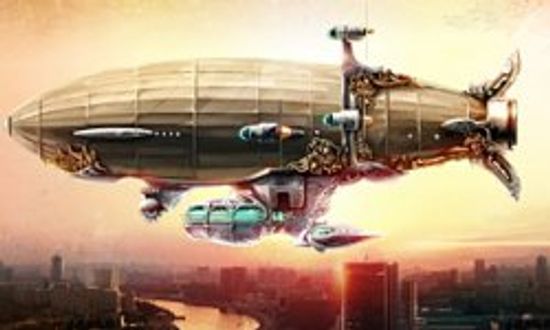
Steampunk Blimps: Airships that Will Take You Back to the Future
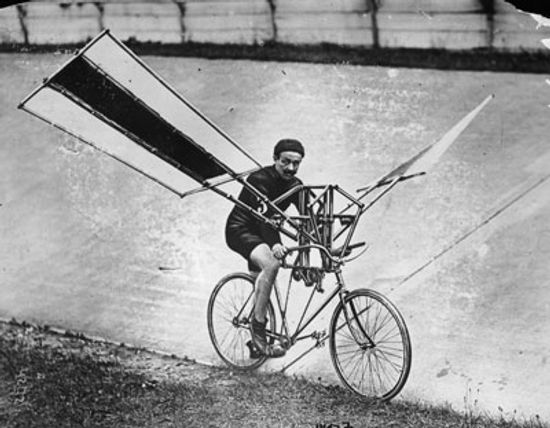
The History of Flight and 10 Bungled Attempts at It
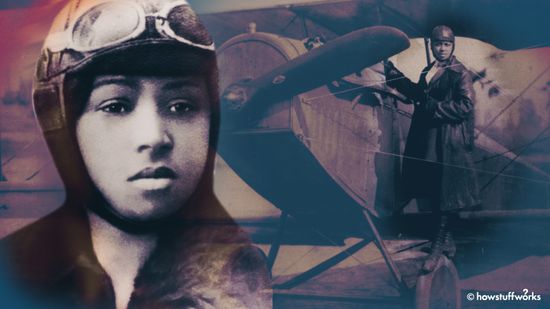
Bessie Coleman: America's First Black Female Aviatrix

8 Safest Airlines in the U.S. (Hint: No. 3 Crosses the Pacific Regularly)

The Longest Flight in the World Takes Almost 19 Hours
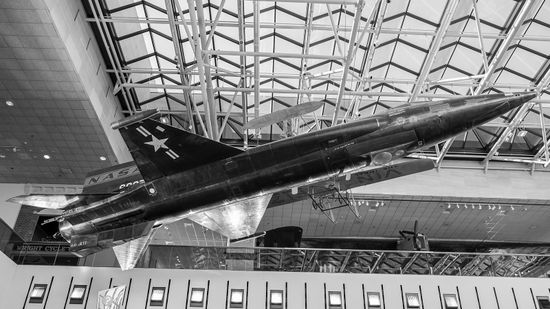
The Fastest Fighter Jet in History: The NASA X-43

Windowless Airplanes: The Future of Flight?
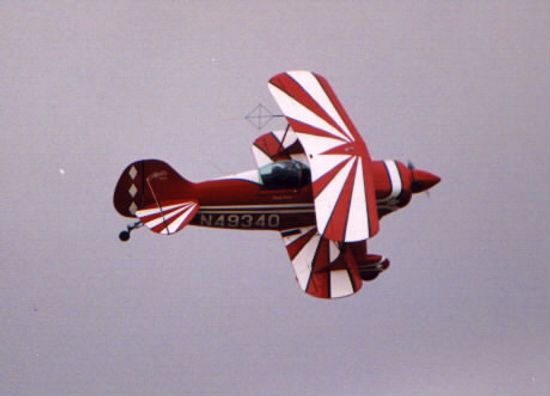
How Aerobatics Works
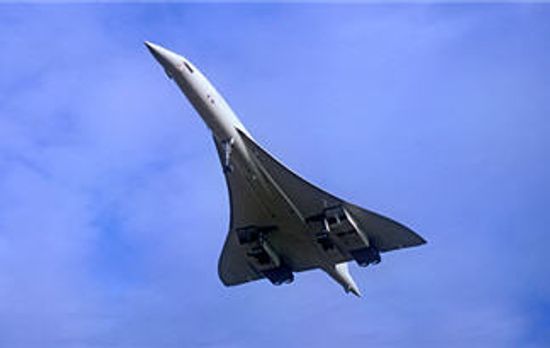
What is the future of supersonic flight?
Learn More / Page 2
Black boxes help investigators determine what happened in an airplane accident. What's inside a black box and how does it record flight data?
By Kevin Bonsor & Nathan Chandler
Believe it or not, the marvel we know as the helicopter began as a Chinese top consisting of a shaft - a stick - adorned with feathers on one end.
By Tom Harris & Talon Homer
Although the amount of fuel may seem high, when you do the math, it's actually not so bad.
By Talon Homer
Advertisement
Contrails are those long white clouds that form in the wake of an airplane flying at altitude. What causes these contrails and what are they made of? Learn the answer to this question in this article from HowStuffWorks.
I would like to know how airplanes can fly upside down and do loops. How does the fuel get to the engine if the plane is upside down?
Do commercial jets have locks on the doors and ignition keys? If not, what keeps someone from stealing them?
When flushing the toilet in a passenger airplane, I'm amazed by the huge noise it makes -- like a powerful vacuum cleaner. Can you explain what makes this noise?
Advertisement
Every one of these classic airplanes was the product of loving care of an intelligent design team doing the best work of their era. Learn how aviation evolved and find links to classic airplane profiles, from the early years through today's jet age.
Over the years, 199 Ford Tri-Motors airplanes would be built. They would serve all three branches of the U.S. military, many airlines, many corporations, and 20 foreign countries. Learn about the strong, reliable, versatile Ford Tri-Motors aircraft.
The Gee Bee Super Sportster R-1 classic airplane was designed by the Granville Brothers, who became some of the most famous names in aviation during the Golden Age of Flight. Learn about the records and ignominy of the speedy Super Sportster R-1.
For some in-flight routines and procedures, autopilots are even better than a pair of human hands. They don't just make flights smoother -- they make them safer and more efficient.
Advertisement
Air taxis could make a trip to the beach or a visit with friends and relatives go from taking six hours on the highway to a quick, no-hassles plane ride. Find out how the air-taxi system will operate.
By Carolyn Snare
How do you start a gas turbine engine? What is the mechanism to begin the rotation of the large fan blades?
Airline pilots have an amazing job with huge responsibilities. Learn what it's like to be a pilot and what it takes to make it in this highly competitive profession.
By Joel Freeman
It's the largest passenger jet ever built -- so huge that airports have to be redesigned to accommodate it. Find out just how big the A380 is and what this type of craft means for the future of air travel.
Advertisement
Blimps combine the simple buoyancy of a hot air balloon with the technology of an airplane. Learn all about these lighter-than-air vehicles.
Hot air balloons are about as simple as flying can get - no engine, no moving parts really, and very little the pilot can do to control the vehicle. Find out what it's like to fly a hot air balloon!
By Tom Harris
Flying in a glider is about as close as you can get to soaring like a bird. Amazingly, these graceful machines manage their maneuvers without an engine. Learn how gliders fly without power.
Why would a pilot ever want to eject an airplane's fuel intentionally? And why would it happen during a flight? Although it sounds alarming, a fuel dump is a safe procedure.
By Jane McGrath
Advertisement
It's hard to look up in the sky on a clear day and not see a "cloud" trailing from an airplane. They're called contrails, though some refer to them as "chemtrails" and have odd explanations for their existence.
Not your "typical" Honda: This one features fully-adjustable leather seats, power window shades and a private bathroom with a black marble sink -- oh, and don't forget its over-the-wing engines, too.
Length, height and wingspan are all popular ways to rank an aircraft, but truly giant planes are often judged by their maximum takeoff weight. Which plane outlifts them all?
By Julia Layton
It can definitely be done - we saw Capt. Sully Sullenberger successfully land an Airbus A320 without any engines, in the Hudson River no less. But just how far a plane can fly without its engines depends on a few different factors.
By Mark Mancini
Advertisement
The first commercial jetliners had square windows. So why did engineers change the design to the rounded windows we know today?
Camera-equipped commercial drones are cheaper and require less training. Is it time to say goodbye to your local eye-in-the-sky traffic reports?
